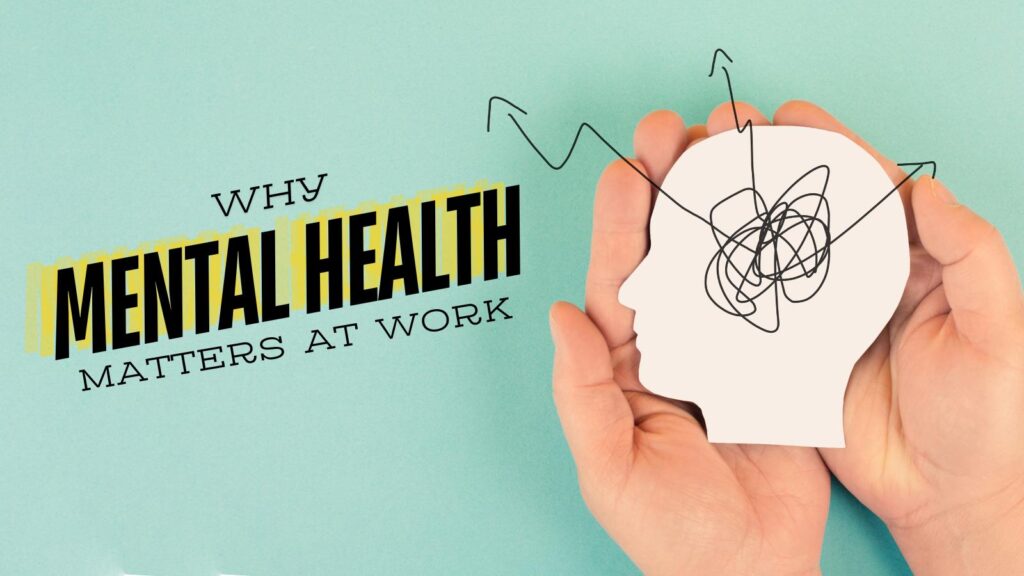As small business owners, we’re no strangers to the tax burden—every payroll, sales tax, and property bill hits our bottom line. So, when your town or city council proposes funding new government grants, it might sound like a golden opportunity: free money for businesses, nonprofits, or community projects.
Table of Contents
No Free Money
But here’s the reality check—there’s no such thing as “free.” Those government grants are paid for with your tax dollars, and there’s a case to be made for voting them down at the local level.
This has happened in our local town over the past few years. Every non-profit asks for money, yet they can afford to pay their non-profit executive top dollar.
Then the non-profits beg for money all year round, even after getting the grant!
Recently, one department spent money before the grant, but the grant did not come. Now we are on the line for the tax dollars! Consider why you want to say no to most or all government grants.
1. It’s Your Money—And You Might Not See It Back
When your local government launches a grant program to boost downtown revitalization or support “green” businesses, that money doesn’t come from thin air. It’s collected from taxpayers: homeowners, renters, and yes, small business owners like you.
Property taxes, sales taxes, or even new levies often fund these initiatives. But here’s the rub: not every taxpayer benefits.
If you run a service-based business or operate outside the grant’s target zone, you could subsidize someone else’s growth—maybe even a competitor—without a dime toward your business.

Why vote to raise taxes for a program that might skip over you entirely? For small business owners already stretched thin, that’s a tough pill for many people to swallow.
2. Government Grants Can Distort the Free Market
Government grants sound noble—helping startups, spurring innovation, creating jobs—but they can tilt the playing field. When local officials pick winners and losers by deciding who gets funding, it’s not always based on merit.
A well-connected business or a trendy project might snag the cash while your scrappy, bootstrapped operation gets left in the dust.
As a taxpayer, you’re essentially forced to bankroll this uneven system. Instead of letting the market reward hard work and customer demand, grants can prop up businesses that might not survive independently.
For small business owners who value fair competition, that’s a reason to push back. Voting “no” keeps your tax dollars from playing favorites.
3. The Hidden Costs of Grants and Loans Add Up
Grants aren’t just about the dollar amount handed out—they come with overhead. Local governments need staff to manage applications, review proposals, and monitor compliance. That means hiring bureaucrats or redirecting existing resources, all funded by—you guessed it—taxpayers.
Add in the cost of promoting the program, and the price tag climbs higher than the grant.
For example, a $100,000 grant pool might sound great, but if it costs $20,000 in administrative expenses, that’s less bang for your buck. Small business owners know that efficiency matters.
Why vote for a system that siphons off your tax dollars before they even reach the intended recipients?
4. It’s a Bait-and-Switch for More Taxes
Here’s a pattern you’ve probably seen: a town approves a “temporary” grant program, promising economic growth. But when the funds dry up—or the program “succeeds” and expands—guess who’s tapped for more revenue?
You guessed it: The taxpayers. What starts as a modest initiative can snowball into permanent tax hikes or new fees to keep it going.
As a small business owner, you’re already navigating rising costs—labor, supplies, utilities. Voting down local grants could be a preemptive strike against future tax increases that hit your business hardest.
Why sign up for a cycle that keeps asking for more?
5. You Don’t Need a Middleman
The appeal of grants is obvious—who doesn’t want extra cash? But think about it: the government takes your money through taxes, skims some off for administration, then doles it back out with strings attached.
Wouldn’t you rather keep more of your earnings upfront and decide how to invest them yourself? A “no” vote on local grants puts the power back in your hands, not the council’s.
Time to Take a Stand on Government Grants
Next time your town or city floats a grant proposal, look past the feel-good rhetoric. Ask the hard questions: Who’s paying? Who benefits? And what’s the long-term cost?
As a small business owner and taxpayer, you are vested in keeping your local government lean and your tax burden light. Voting down these programs isn’t about saying “no” to progress—it’s about saying “yes” to fairness, efficiency, and control over your money.
Non-Government-Funded Grants: Free Money Without the Taxpayer Strings
When you think of grants, you might picture government programs like the SBA’s offerings—funded by taxpayers and wrapped in red tape. But there’s another world of funding out there: non-government-funded grants like the Venmo grant.
These are awards that come from private sources, not public coffers, and they can be a game-changer for small business owners.
What Are Non-Government-Funded Grants?
Non-government-funded grants are financial awards provided by entities outside the government—think corporations, foundations, nonprofits, or even wealthy individuals.
Unlike government grants, which rely on tax dollars, these come from private budgets or endowments. They’re still “free money” (no repayment required), but the source and rules are different.
The Catch (There’s Always One)
Nothing’s perfect, right? Non-government grants can be harder to find—there’s no central Grants.gov for private funding. Awards might be smaller (think $1,000–$25,000 vs. government grants in the six figures), and eligibility can be narrow (e.g., only for minority-owned businesses or specific industries).
Still, for a scrappy small business, even a few grand can make a difference.
Most Grants Are Taxable Income
Here’s the starting point: the IRS typically considers grant money as taxable income for your business. Why? Because it’s money coming into your operation, much like revenue from sales or services.
Whether it’s a government grant (like an SBA award) or a private one (say, from a corporation or foundation), if it’s boosting your bottom line, Uncle Sam usually wants a piece.
For example:
- Business Purpose Grants: If you get a $10,000 grant to buy equipment, hire staff, or cover operating costs, that’s income in the eyes of the IRS. You’d report it on your tax return—Form 1120 for corporations, Schedule C for sole proprietors, etc.—unless an exception applies.
- Profit Boosters: Grants that increase your cash flow or profits (like a marketing award) are almost always taxable.
The logic? The IRS sees grants as a financial benefit to your business, not a gift—unless it’s explicitly labeled otherwise.
Exceptions: When Small business Grants Aren’t Taxable
Good news—there are cases where grant money dodges the tax hit. These exceptions hinge on the grant’s source, purpose, or legal status:
- Government Relief Grants: Some government grants, especially disaster relief ones, are tax-exempt. Take the COVID-era Paycheck Protection Program (PPP) loans—when forgiven, they weren’t taxable, thanks to a specific IRS ruling. Similar exemptions might apply to 2025 relief programs, but you’d need to check the fine print (like IRS Notice 2021-20 for past examples).
- Nonprofit Grants with Restrictions: If a nonprofit gives you a grant with strict rules—say, it must be spent on a community project and you can’t profit—it might not count as income. The IRS looks at whether it’s a “contribution to capital” rather than a payout.
- Personal Grants: If the grant is awarded to you as an individual (not your business) and isn’t tied to business activity—like a scholarship or hardship award—it’s often tax-free under IRS Section 102 (gifts).
The catch? You’ll need documentation proving the grant’s purpose and restrictions. Without it, the IRS assumes it’s taxable.
Conclusion: Why You Should Say “No” to Local Government Grants
So, when that ballot measure comes up for federal grants, consider this: Your tax dollars deserve better than a bureaucratic boondoggle.
Let’s keep our towns thriving the old-fashioned way—through grit, ingenuity, and a level playing field.




